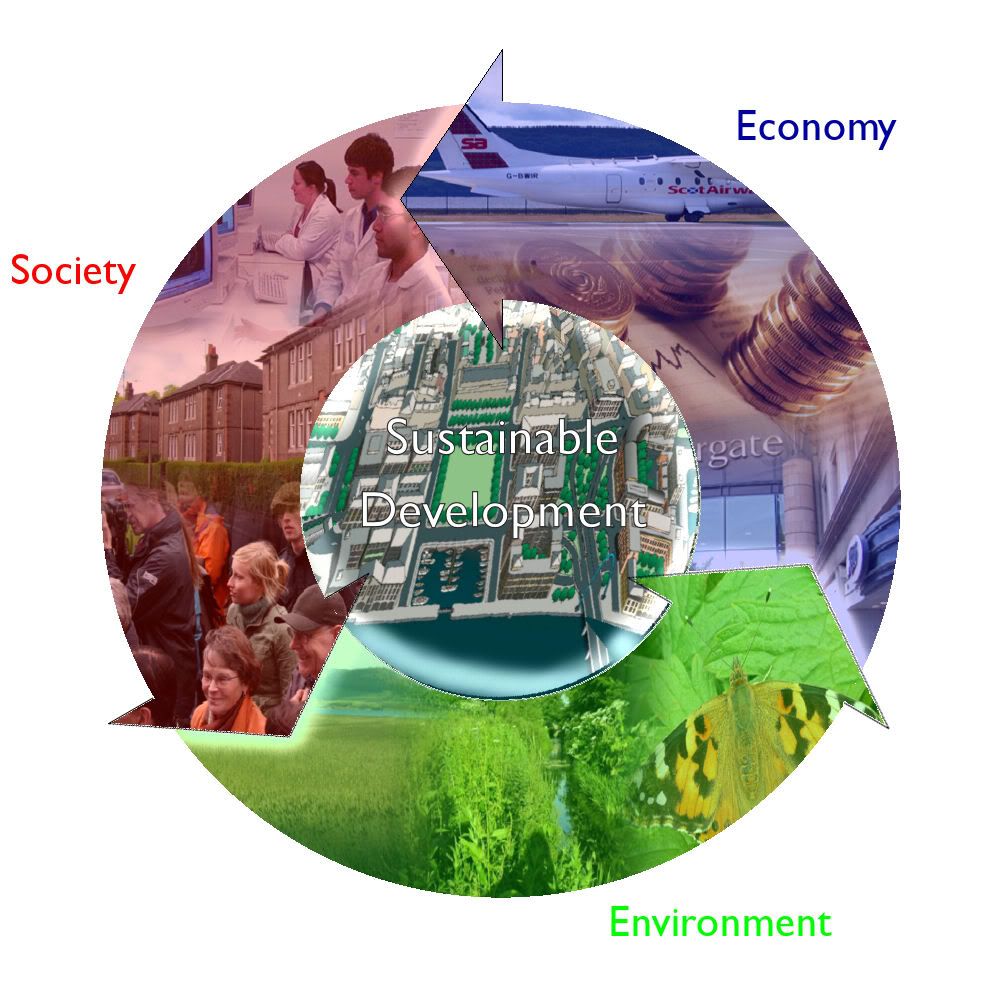Friday, August 5, 2011
What is an L3C?
Monday, June 27, 2011
The Mission Against Emissions
 Last week, on June 20th, 2011, the Supreme Court ruled 8-0 that state and city governments as well as nonprofits could not sue utility companies for greenhouse gas emissions from their power plants. Instead, because the Court ruled that greenhouse gas emissions fall under the category of “air pollutant” under the Clean Air Act (Massachusetts v. EPA), the EPA alone is responsible for regulating and setting standards for these fossil-fuel fired power plants.
Last week, on June 20th, 2011, the Supreme Court ruled 8-0 that state and city governments as well as nonprofits could not sue utility companies for greenhouse gas emissions from their power plants. Instead, because the Court ruled that greenhouse gas emissions fall under the category of “air pollutant” under the Clean Air Act (Massachusetts v. EPA), the EPA alone is responsible for regulating and setting standards for these fossil-fuel fired power plants.This comes as mixed news.
On the negative side, through this ruling the Court has set the stage preventing other organizations from forcing utility companies to cut greenhouse gas emissions. In this specific Supreme Court case, the defendants were five utility companies which the plaintiffs alleged are the five largest emitters of carbon dioxide in the country, responsible for 10% of greenhouse gas emissions from all domestic human sources in the United States. To prevent any person or organization from forcing limits upon emitters can seem frustrating in light of climate change issues.
However, on the positive side, the EPA has stated that they will set standards limiting emissions from fossil-fuel fired power plants by May 2012. And the Supreme Court did explain that if the EPA does not set emission limits for a particular pollutant at that time, States and private parties could then file suit.
Overall, I agree with the Court’s decision and I think it is a great reminder of how the EPA is finally taking responsibility and moving forward on regulating emissions that are exacerbating climate change. Additionally, I think it prompts business owners to remember that we cannot forget our individual responsibility. Threats of lawsuits will not be looming overhead, but we should still conduct good business practices and do all in our power to set our own standards, reduce our emissions, and become more sustainable.
Thursday, May 5, 2011
Seeds of Sustainability
 The term “sustainability” encompasses a complex array of ideas and perspectives. On a whole, it involves management and maintenance of the environment, the economy, and society. That can include reducing the amount of fossil fuels and raw materials we use, reducing the amount of food and water we consume, and reducing the amount of waste we produce without jeopardizing the livelihoods and economic stability of our society.
The term “sustainability” encompasses a complex array of ideas and perspectives. On a whole, it involves management and maintenance of the environment, the economy, and society. That can include reducing the amount of fossil fuels and raw materials we use, reducing the amount of food and water we consume, and reducing the amount of waste we produce without jeopardizing the livelihoods and economic stability of our society. Yet while we think of achieving sustainability on an individual and organizational level, e.g. local towns, individual businesses, and social groups, at least for me, I never thought of how a bank could strive for sustainability (beyond their efforts to switch to e-statements).
And then I learned about the Unified Field Corporation (UFC).
The Unified Field Corporation is a sustainable community partnership bank formation systems and development company with the vision to open Unified Field Banks across the nation. They maintain a quadruple bottom line- Financial Prosperity, Environmental Sustainability, Social Progress, and Preservation of Culture- and are an entirely different body of bank. They are redefining what it means to be a financial institution and are working right now on finding communities interested in becoming a part of the Unified Field Bank system.
On Saturday, May 7, 2011, the UFC will be coming to Venice, CA to begin a three-part event series to present information about Unified Field Banks and show interested community members how to start their very own Unified Field Bank in their local community. They are looking for team members, community engagers, and members interested in investing in their local bank and UFC. Please show your support and attend this wonderful series! This first event will take place from 2pm until 6pm at the Electric Lodge Theater (1416 Electric Avenue, Venice, CA 90291). Click here to view their flyer.
Friday, March 18, 2011
Green Jobs: Get to Work!
 In today’s economy I feel that networking and collaboration have become two integral parts of business and key components to success. The Sustainable Business Council (SBC), a non-profit organization in Los Angeles founded by a group of sustainable business executives, and Pepperdine University’s Graziadio School of Business and Management are presenting a wonderful business event next week titled: “Green Jobs, Get to Work!” that works to facilitate those very two things.
In today’s economy I feel that networking and collaboration have become two integral parts of business and key components to success. The Sustainable Business Council (SBC), a non-profit organization in Los Angeles founded by a group of sustainable business executives, and Pepperdine University’s Graziadio School of Business and Management are presenting a wonderful business event next week titled: “Green Jobs, Get to Work!” that works to facilitate those very two things. The event, taking place at Pepperdine University next Wednesday, March 23rd, is open for any interested! Parking and attendance costs are complimentary, although there is a $25.00 suggested donation. The event will run from 7:00pm until 9:30pm and features a green internship fair and a panel discussion with executives from sustainable businesses such as Phoenix Energy Technologies and Belkin International, Inc.
Please come check it out! Whether you are a student seeking a potential internship with an eco-minded business or a business looking for new partnerships and advice, this event is sure to be a great venue to reach out and network with various minds in the green business community. The full details and Event Registration can be found here: http://www.sustainablebc.org/events.html.

